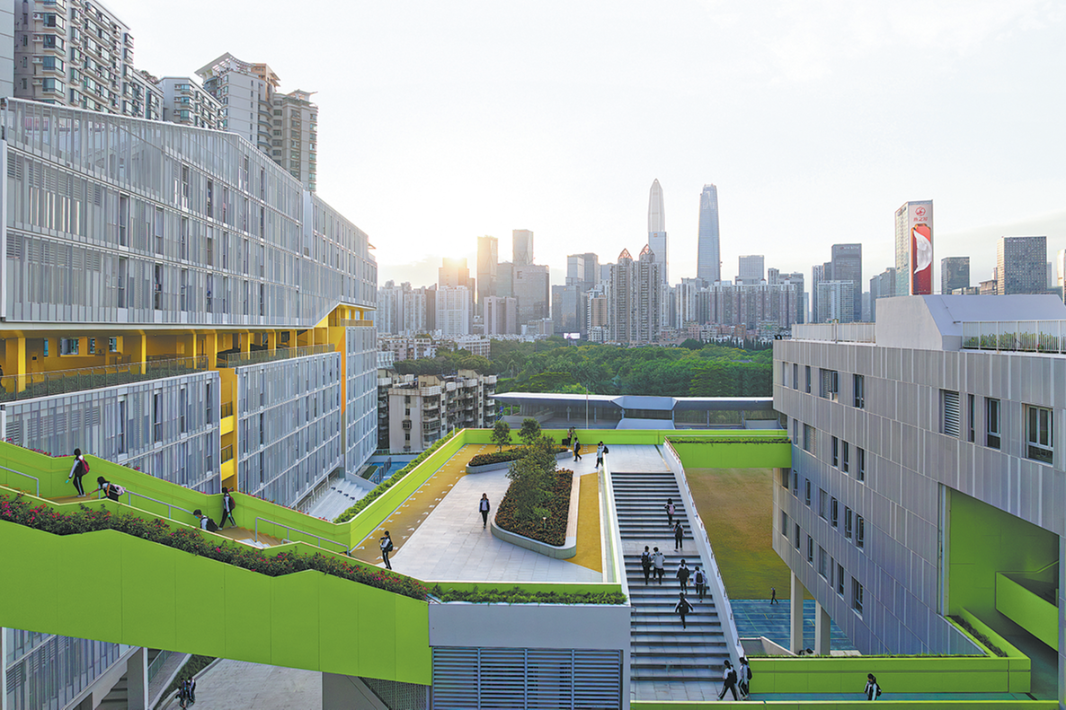Three rivers' source area whets appetite for conservation


Historic changes
The ecological environment of the Qinghai-Tibet Plateau has undergone comprehensive, watershed changes, according to experts.
"Ecological environment" refers to a concept promoted by President Xi Jinping that emphasizes the sustainable joint development of humanity and nature.
Local governments said they have safeguarded the plateau's environment to the best of their ability, attempting to develop it as a national or even global example of related conservation.
Through the implementation of environmental monitoring and a geographical information system, the integration of advanced monitoring techniques, the use of communications transmission and information technology, the local authority has realized the high-density, multifactor, all-weather and automatic collection of all kinds of data such as those related to the environment, the ecosystem and resources in the Sanjiangyuan area.
Over the past decade, water conservation in the area has risen by 6 percent every year, and the area has provided 90 billion cubic meters of water per annum to lower-lying regions. Moreover, grassland coverage and grass cultivation have risen by more than 11 percent and 30 percent respectively, compared with 10 years ago.
Tobdan, a member of the Tibetan ethnic group, is an environmental protector and ranger in Madoi county in Qinghai's Golog Tibetan autonomous prefecture, where the Yellow River rises.
The county is home to more than 3,000 rangers like Tobdan. Wearing an armband and a fluorescent green vest, his job is to patrol a lake known locally as the "star sea".
In a report by Guangming Daily, Tobdan, who like many Tibetans only uses one name, said he is responsible for protecting the grassland, lakes and wild animals, clearing garbage and other pollutants, and recording the lake's environmental condition.
He said he also explains the importance of environmental protection to tourists, adding that the lake is so beautiful that anyone who has visited would want to protect it.
Sun Lijun, deputy director of the Sanjiangyuan National Park Administrative Bureau, said more than 20,000 local residents have become rangers and protectors in the area as part of a policy aimed at finding one job for each household.
























